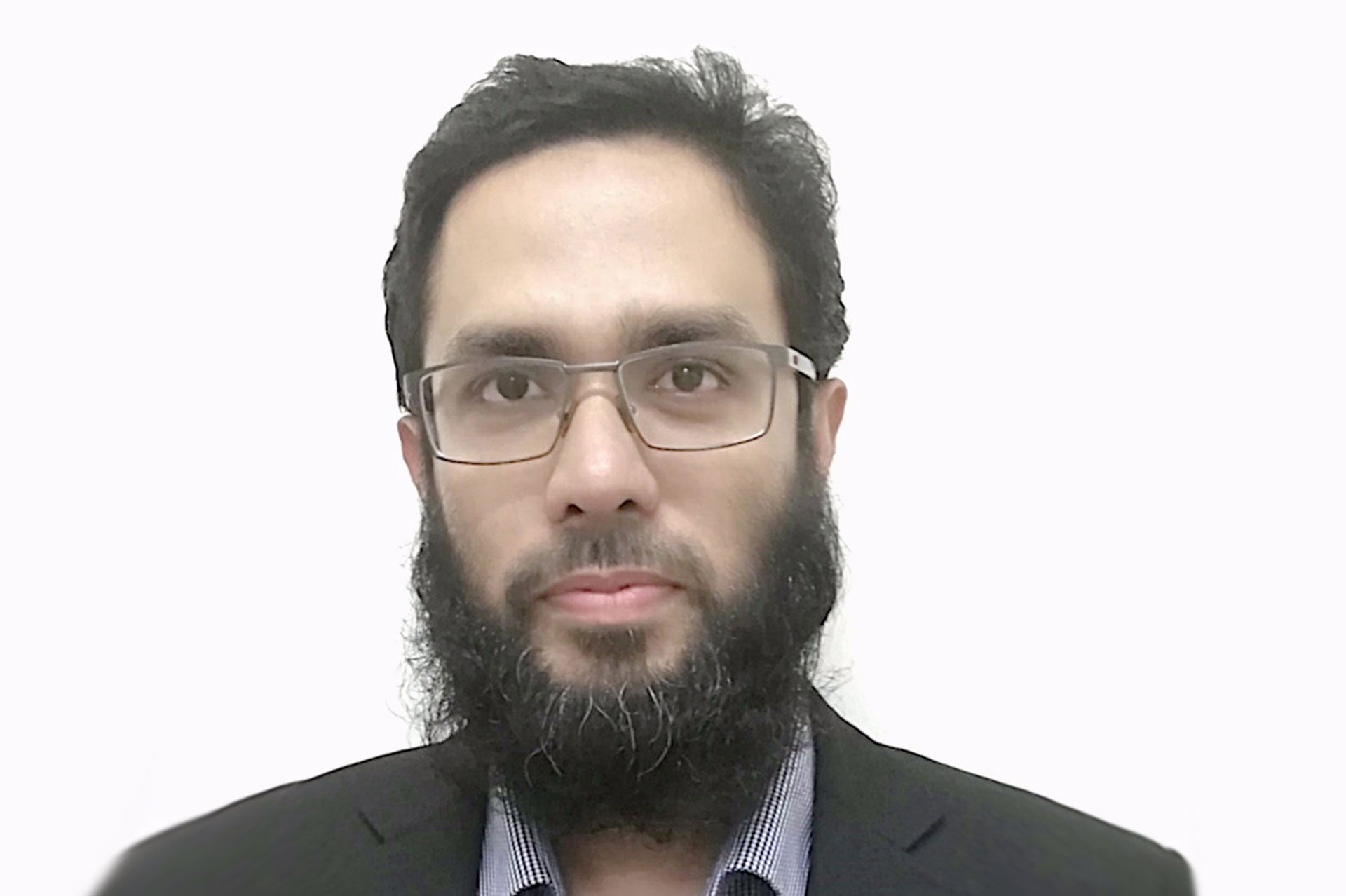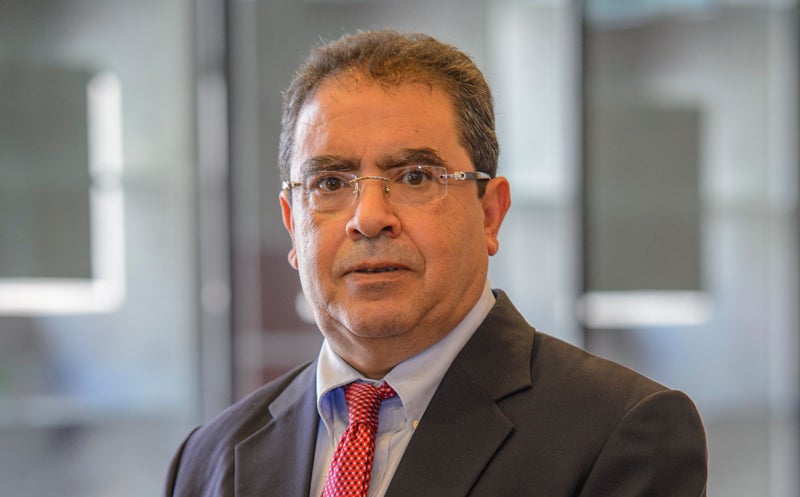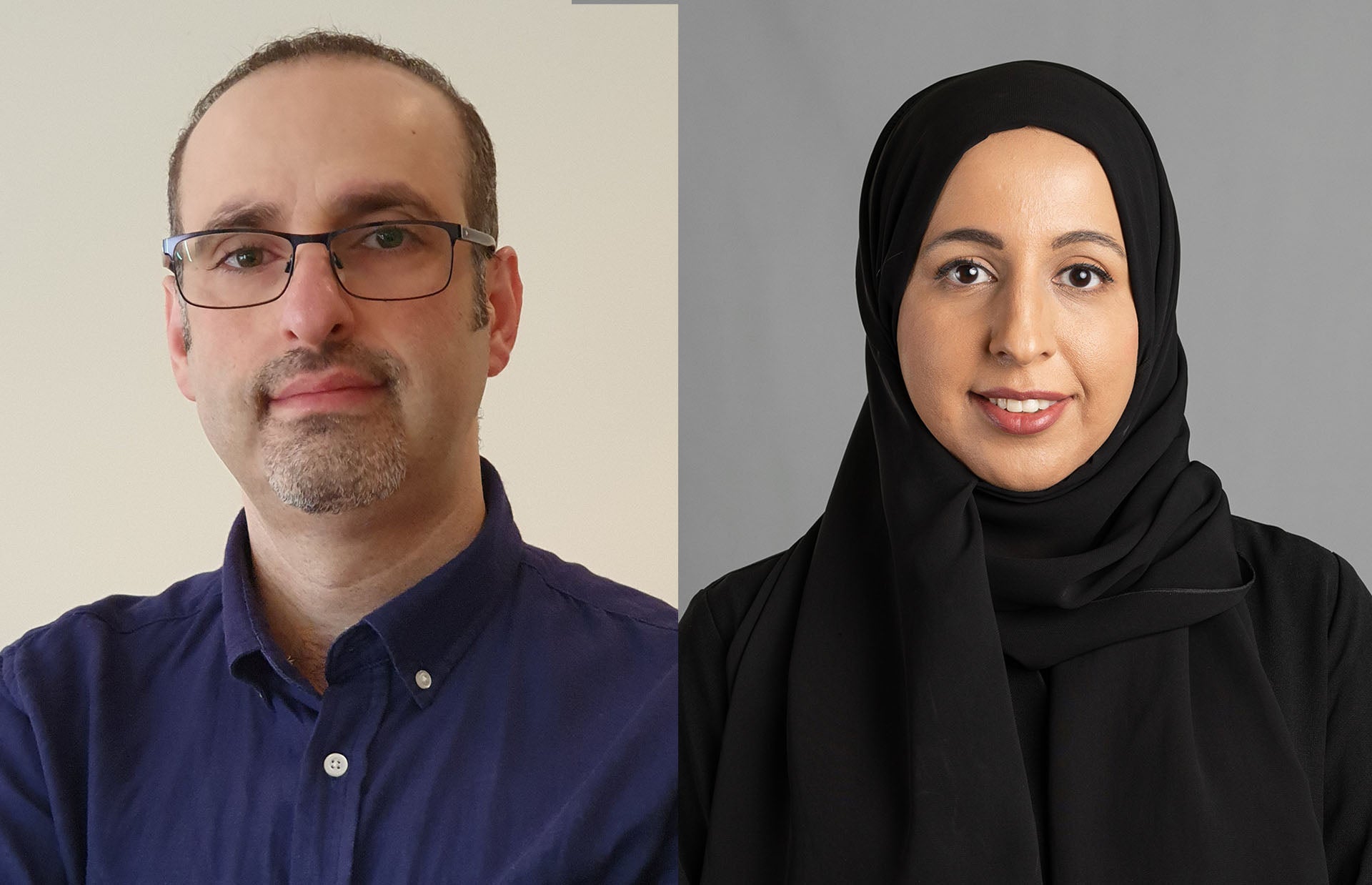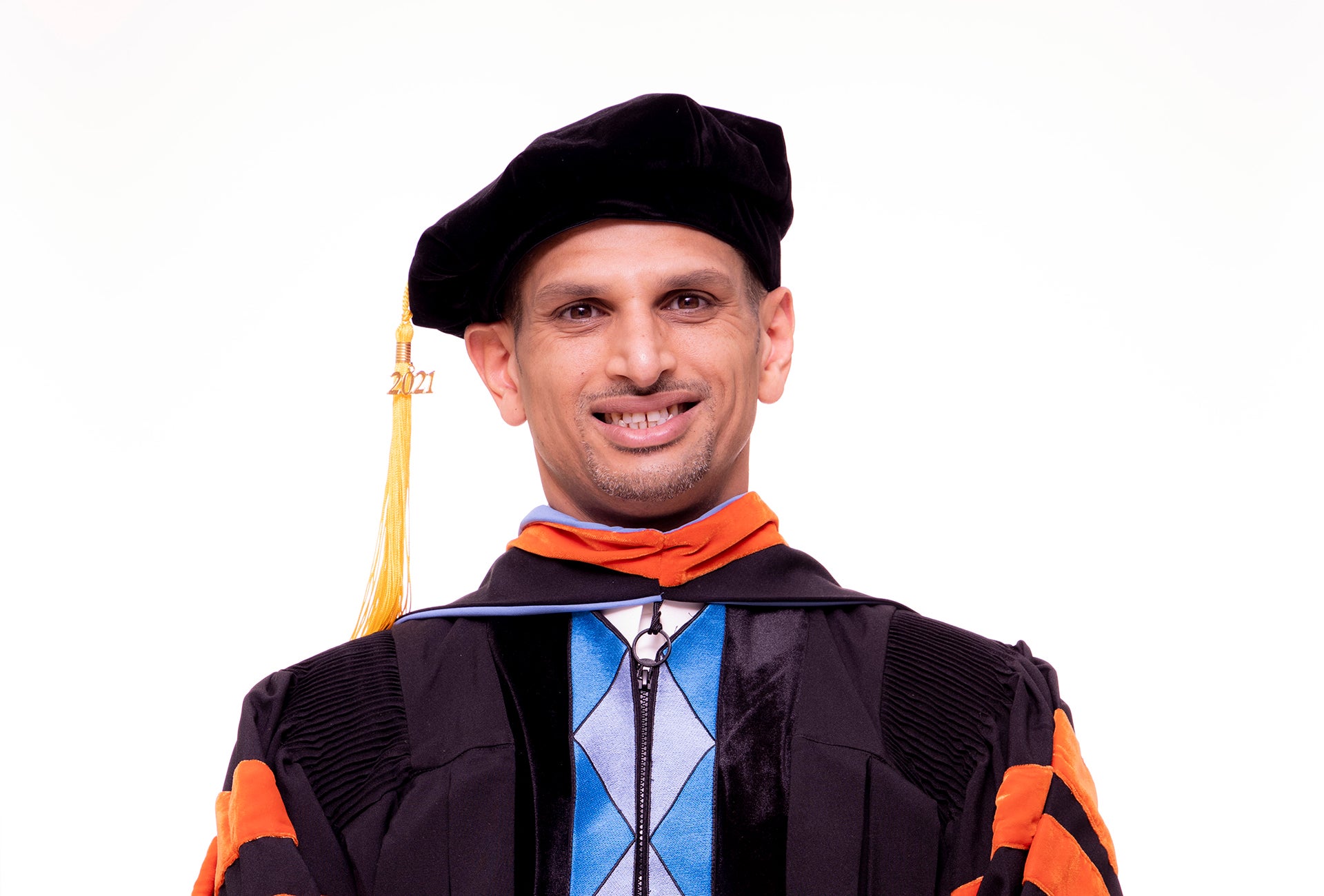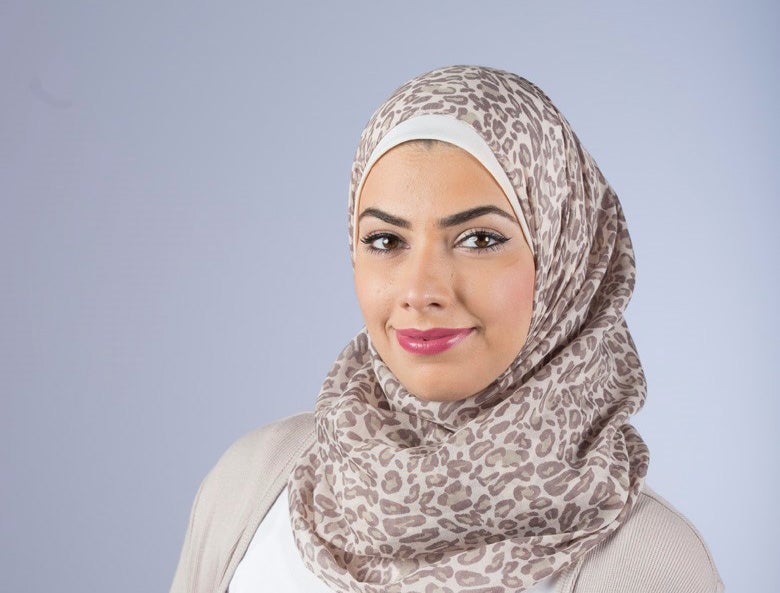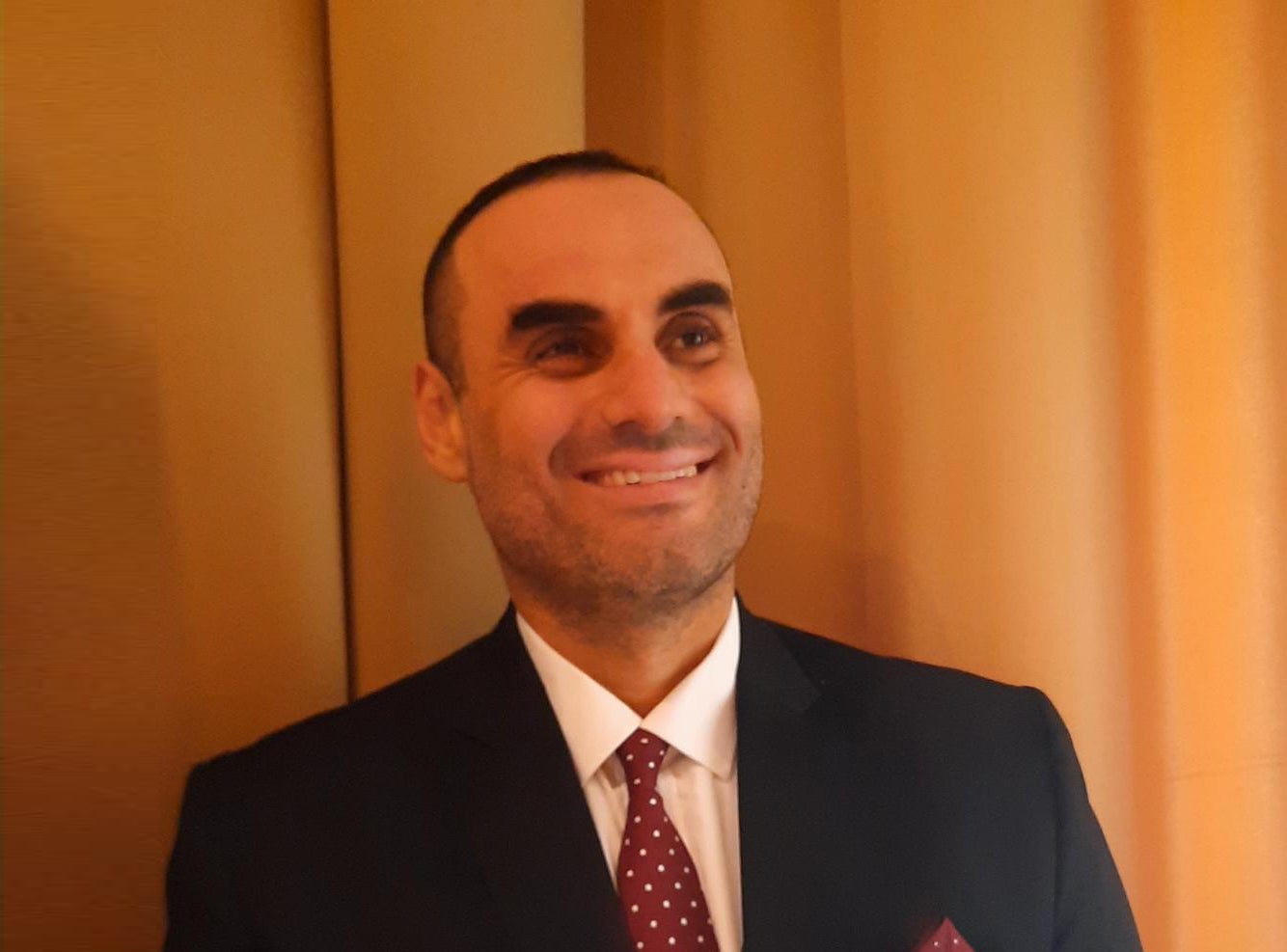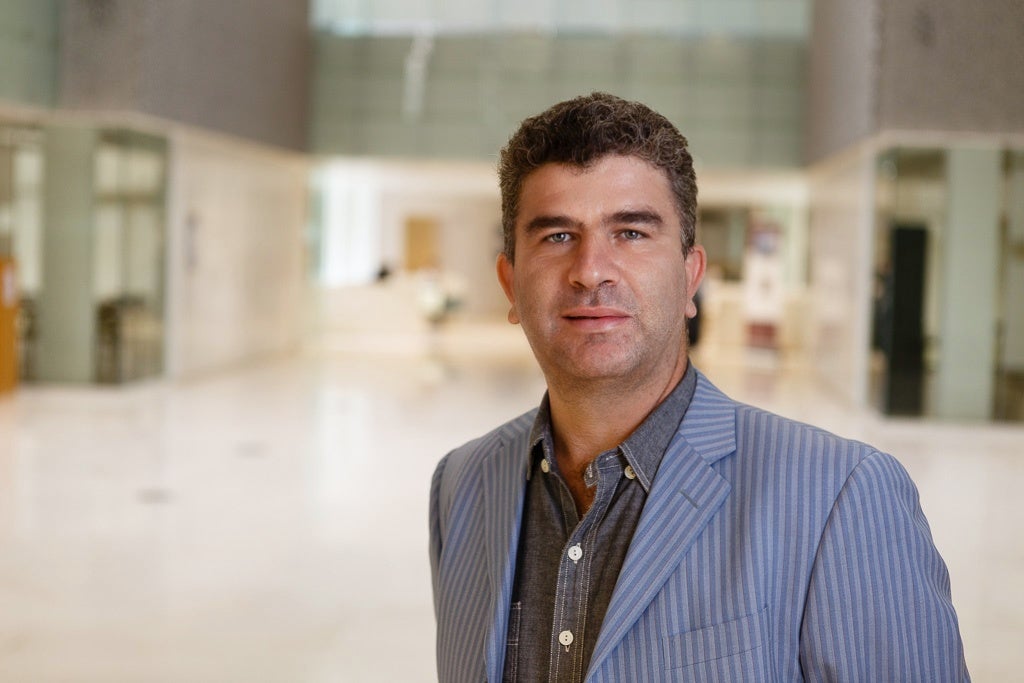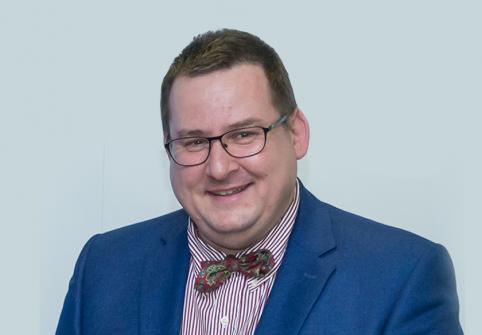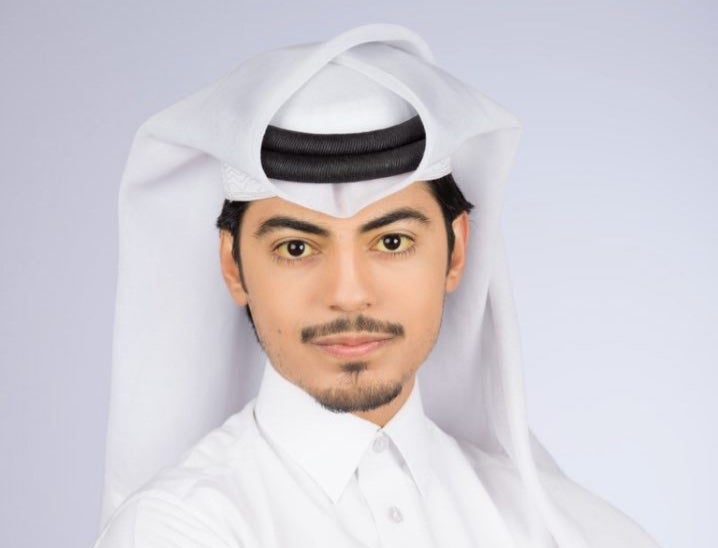
In this exclusive interview, we speak to Mohammed Al Housani, a PhD student in Sustainable Energy at Hamad Bin Khalifa University’s College of Science and Engineering, about his future aspirations and why the PhD was his program of choice.
Please tell us about your area of study at HBKU and what motivated you to pursue this at HBKU?
Qatar is a country with huge potential for solar power, but, because of its dusty weather, this potential is severely undermined. Dust is known to negatively impact solar power efficiency and feasibility. Through the College of Science and Engineering’s Master of Science in Sustainable Energy, I have conducted important research and developed PV cleaning technologies and techniques that are tailored to our climate to maximize our power generation potential.
As for my PhD degree, I developed an interest in the recent economic crises and subsequent reduction in oil prices, which affected all oil and gas-based economies. I was studying economic sustainability in Qatar, and through reading and personal experiences, I clearly understood Qatar’s needs to diversify its economy. One of the most impactful ways to achieve that is by further developing the private sector through entrepreneurship. I am now researching the business ecosystem in order to develop a model that can bring out all of the unharnessed potential of Qatar's business landscape.
What are your short-term and long-term aspirations?
My short-term ambition is to develop my skills and knowledge, and to contribute to the scientific field in my capacity as a Qatari student. By making Qatar the center of my research topics, I believe I can provide relevant work and build the foundation for fellow researchers to build upon my research and enhance the research sector in the country.
In the long term, I hope that my research will contribute to QNV2030 and tackle challenges that my country is now facing or will be facing in the future. In addition to that, by developing my skills and being a successful pioneer in my field, I believe others will be motivated to follow in my footsteps. This will eventually help Qatar establish itself as a knowledge hub in the region.
How have your studies helped you develop and advance your career?
I was able to enhance my skills and knowledge. I have noticed an improvement in my decision-making capabilities, which also helped me look at things through a holistic, sustainable and long-term view. This really enhanced my ability to strategize and set long-term goals.
What is the impact you see yourself making in your society in the future?
I am quite sociable, and I believe that by learning, pursuing self-development, and accomplishing great achievements, I will be able to push and encourage people under my circle of influence to seek higher education and develop themselves, which will eventually create a highly educated, skilled, and achievement-driven society through the domino effect.
What was the highlight of your time at HBKU, and why?
I was very proud to win the Education Excellence Award as a student from HBKU, because I had the great honor of being awarded by His Highness Sheikh Tamim Bin Hamad Al-Thani, the Amir of Qatar. This was substantial evidence that HBKU students are really delivering at national and even international level.
In what ways did your HBKU experience differ from your expectations when you first joined?
HBKU is a young university, yet I was able to benefit from top-tier faculty and a very supportive administration overall. It was then that I realized that HBKU is already ahead in many ways, and will only get better. Today, I feel even more confident since I am part of a very diverse, well-connected yet academically strong, socially and economically relevant research group led by my advisers Dr. Muammer Koc and HE Dr. Mohammad Al-Sada, in addition to a highly intellectual group of PhD candidates who are studying different aspects of sustainability such as sustainable economy, organizational (in)efficiency, human capital strategy, women entrepreneurship, digital media and sustainable living and habits, as well as nanotechnology for efficient solar energy, 3D Printing for advanced medical devices, industry-university partnerships, and strategies for LNG markets.
Do you have any additional thoughts for potential HBKU applicants?
If you are seeking a world-class education and want to conduct research that is both applicable to real problems and relevant to the Grand Challenges, I believe HBKU is the right place for you.








